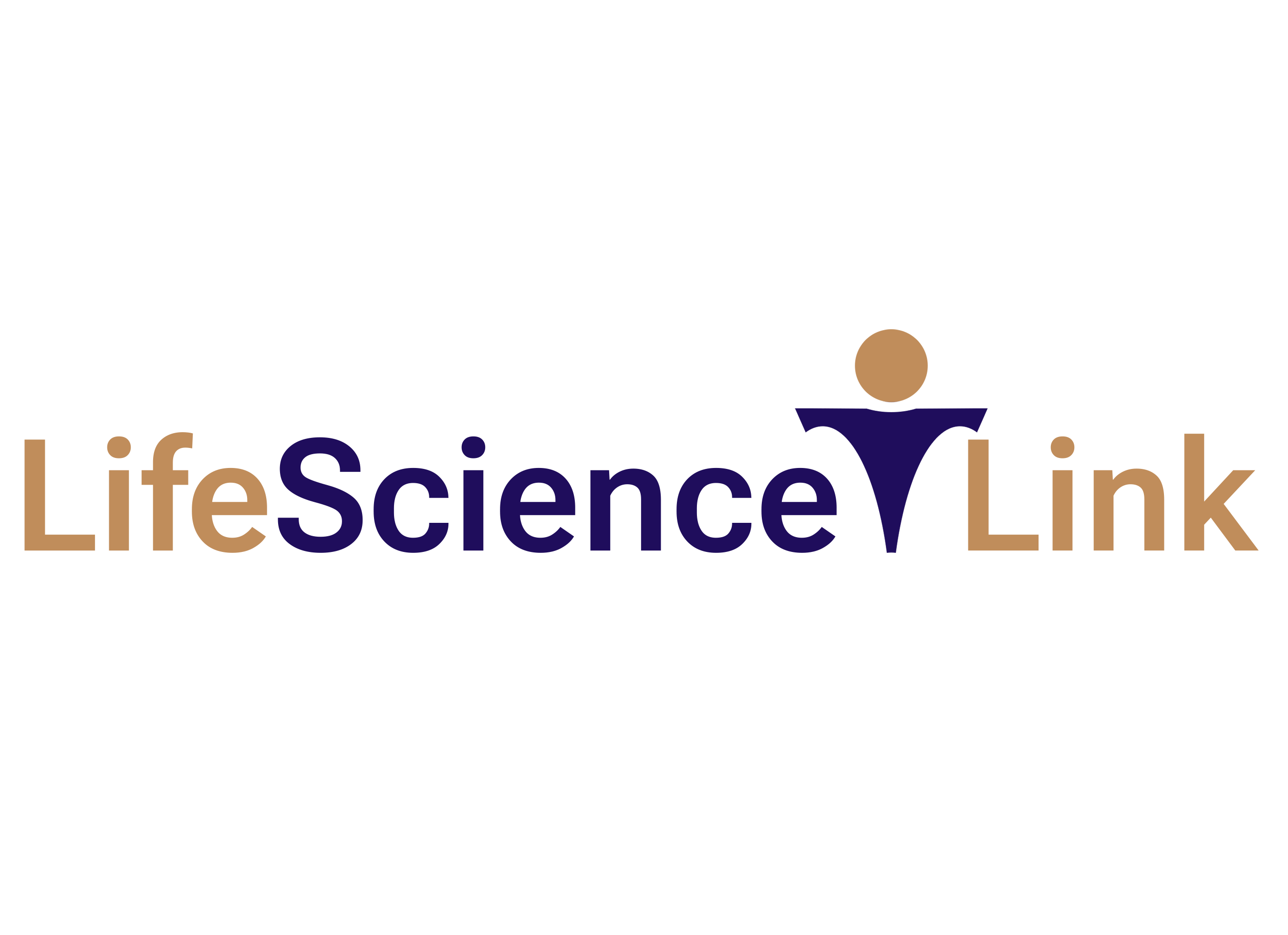Leadership and People Skills in Life Sciences
Elevating Science Through Human-Centered Leadership
What turns a scientific breakthrough into a global impact? It’s not just lab work or data—it’s the people who drive it forward. In the complex, regulated, and rapidly evolving world of life sciences, leadership and people skills are vital at every level. These qualities spark collaboration, navigate challenges, and transform technical excellence into real-world results, whether you’re in a lab, a clinical trial, or a boardroom.


What Leadership Means in Life Sciences
Leadership in life sciences goes beyond titles—it’s about influence, integrity, and initiative. It’s taking ownership during a regulatory audit, guiding a team through a failed trial, or aligning scientific goals with a company’s vision. Effective leaders shine in high-pressure situations, ensuring projects stay on track without sacrificing quality or morale.
Great leaders in this space:
- Set clear expectations, like defining precise milestones for a drug development timeline.
- Foster trust and psychological safety, encouraging open dialogue in diverse teams.
- Navigate challenges—such as a sudden protocol change—while keeping long-term goals in sight.
- Promote learning and collaboration, bridging gaps between researchers, clinicians, and regulators.
For example, a lab manager who rallies their team to meet a tight deadline for a Phase I trial submission, while mentoring a junior scientist, embodies leadership. These qualities are crucial whether you’re overseeing a global R&D program or leading a single clinical site.
People Skills: The Human Factor in a Technical Field
People skills—empathy, active listening, collaboration, and mentorship—enable seamless teamwork in life sciences’ high-stakes, multidisciplinary environments. They ensure smooth handovers, reduce conflicts, and build stronger team cohesion, especially under tight timelines or regulatory scrutiny.
Strong people skills help professionals:
- Build rapport across disciplines, like connecting lab techs with data analysts for better insights.
- Deliver and receive constructive feedback, refining processes without friction.
- Inspire and support colleagues, boosting morale during long-term projects.
- Resolve misunderstandings early, preventing delays in trial reporting or submissions.
These skills shine in cross-cultural teams or when working with patients, investigators, or regulators. A clinical research associate who listens empathetically to a patient’s concerns can improve trial retention, directly impacting study success.
For CandidatesDemonstrating Leadership Potential
Leadership and people skills often determine who gets promoted, trusted with key projects, or becomes a mentor. To stand out, share examples like:
- Taking initiative, such as streamlining a lab workflow to cut costs by 15%.
- Guiding colleagues through challenges, like coaching a teammate during a stressful audit.
- Aligning teams, such as uniting researchers and marketers for a product launch.
- Resolving conflicts professionally, like mediating a dispute over resource allocation.
Even early-career professionals can show leadership through proactive communication or reliability. In interviews, describe a time you inspired a team or turned feedback into action—like improving a protocol after a review. Practice storytelling to convey your impact clearly, and consider mentorship roles to build these skills.
For EmployersHiring for Influence, Not Just Execution
Hiring professionals with strong leadership and people skills creates agile, engaged teams that drive results. These individuals:
- Cultivate inclusive cultures, increasing team satisfaction by 25%.
- Boost retention by 20% through mentorship and development.
- Enhance project execution, with collaborative teams completing trials 30% faster.
- Act as change agents, embedding adaptability into your organization.
When interviewing, ask questions like: “How have you motivated a struggling team?” or “Describe a time you turned feedback into a win.” Look for candidates who don’t just complete tasks but lift those around them. A biotech VP notes, “We hire people who can rally a room—because that’s what moves science forward.”
LifeScience-Link’s Perspective
At LifeScience-Link, we know the best candidates do more than hit technical marks—they inspire and connect. Our recruitment process digs deep, using behavioral interviews and reference checks to find professionals with the insight, maturity, and vision to lead. We help clients build teams that don’t just perform but elevate both science and culture, ensuring lasting impact in life sciences.
